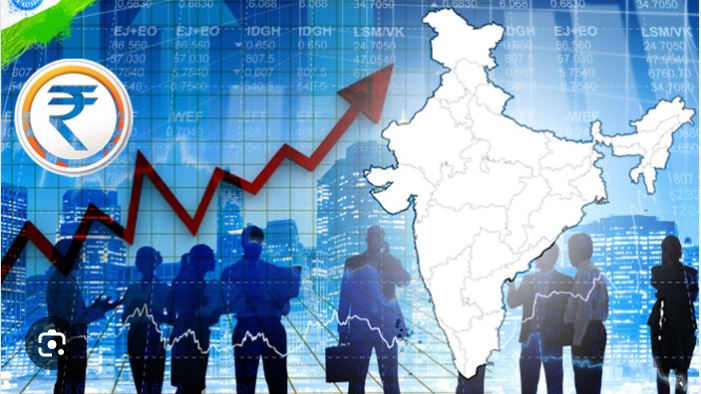
2024
There is no definitive answer to the question of when India will become a developed country. However, the World Bank defines a developed country as one with a high-income economy, which is typically measured by a country’s per capita income. According to the World Bank, India’s per capita income in 2022 was \$2,170. This means that India is currently classified as a lower-middle-income country.
To become a developed country, India will need to continue to grow its economy and improve its standard of living. This will require a number of factors, including:
- Increased investment in education and healthcare
- Improved infrastructure
- Reduced poverty and inequality
- Increased political stability
India has made significant progress in recent years, but there is still a long way to go. The government has set a target of becoming a developed country by 2047, the 100th anniversary of its independence. However, it is too early to say whether this target will be met.
Some experts believe that India could become a developed country by 2050, while others believe that it could take longer. Ultimately, the timing will depend on a number of factors, including the country’s ability to address its challenges and seize opportunities.
Here are some of the challenges that India faces in its journey to becoming a developed country:
- Poverty: According to the World Bank, 21.9% of Indians lived below the national poverty line in 2021. This means that they cannot afford to meet their basic needs for food, shelter, clothing, and healthcare.
- Inequality: India is one of the most unequal countries in the world. The richest 1% of Indians control more than 50% of the country’s wealth. This inequality is a major obstacle to development, as it prevents the poor from sharing in the benefits of economic growth.
- Corruption: Corruption is a major problem in India. It is estimated that corruption costs the country billions of dollars each year. Corruption undermines the rule of law and makes it difficult to attract investment.
- Infrastructure: India’s infrastructure is inadequate. The country’s roads, railways, and airports are not up to the standard of developed countries. This makes it difficult to transport goods and people, and it also hampers economic growth.
- Environmental degradation: India is facing a number of environmental challenges, including air pollution, water pollution, and deforestation. These challenges are a threat to the country’s health and its economy.
Despite these challenges, India has a number of strengths that could help it become a developed country. These strengths include:
- A young and growing population: India has a young and growing population, which is a valuable asset for economic growth.
- A large and diverse economy: India has a large and diverse economy, which makes it less susceptible to shocks from the global economy.
- A strong cultural heritage: India has a strong cultural heritage, which can be a source of national pride and unity.
- A commitment to democracy: India is a democracy, which provides a framework for political stability and economic development.
If India can address its challenges and build on its strengths, it has the potential to become a developed country in the next few decades.
Write and Win: Participate in Creative writing Contest & International Essay Contest and win fabulous prizes.


